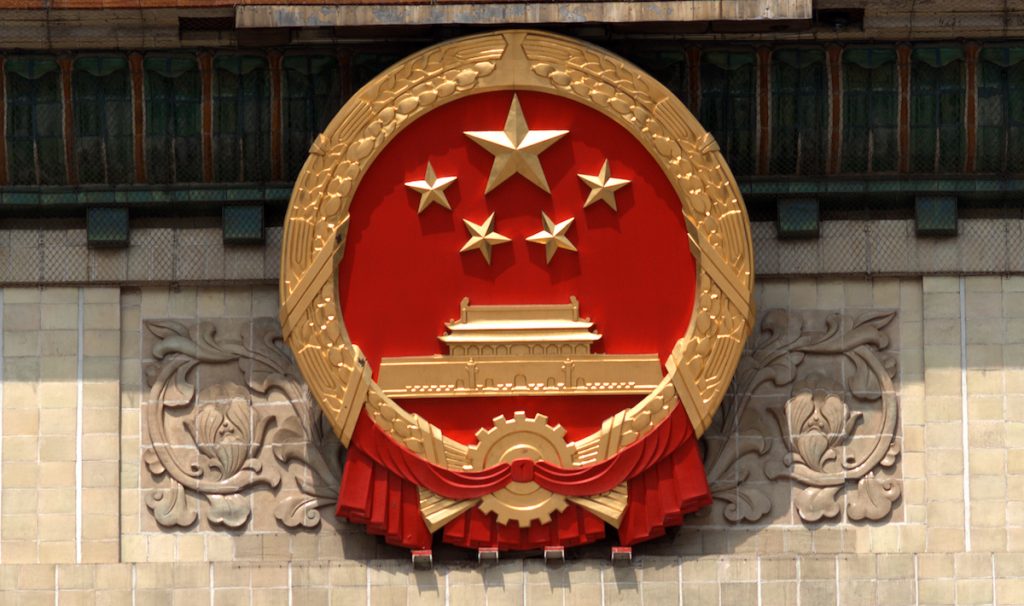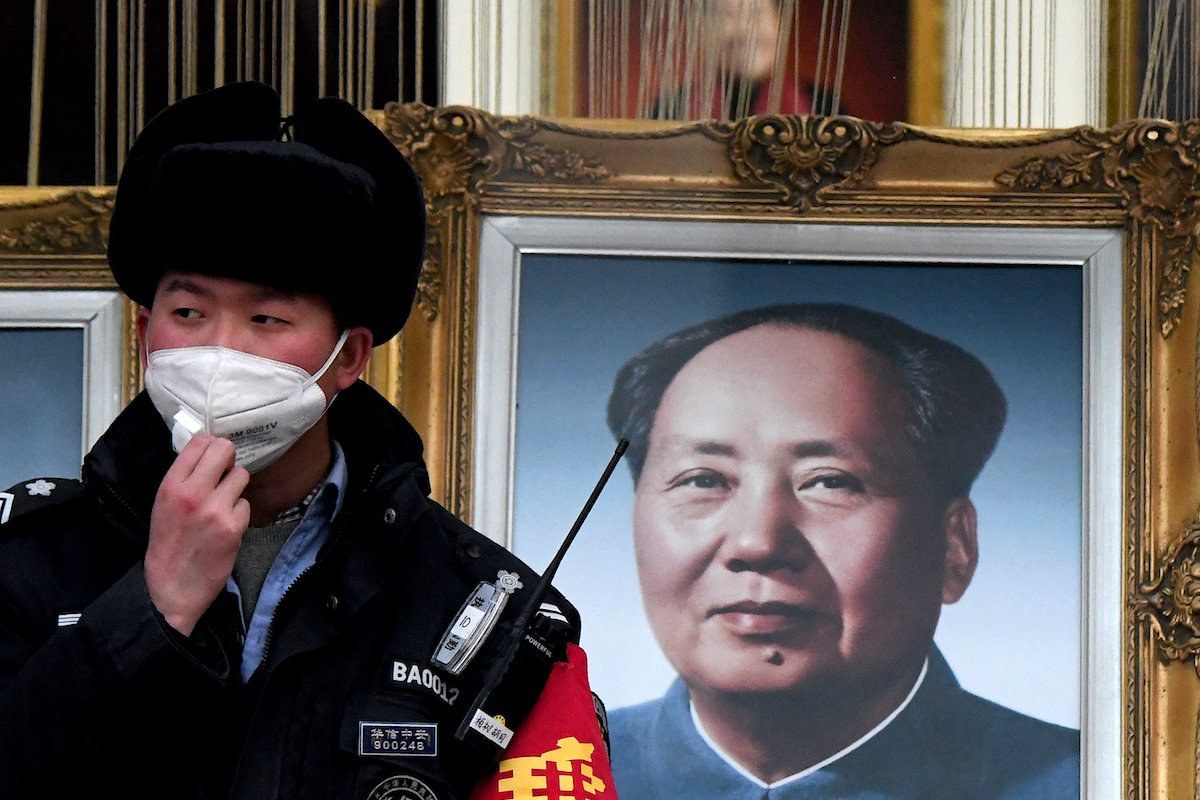In these precarious times, China’s rulers have convinced themselves they’re playing diplomatic Weiji, the board game of complex abstract strategy first invented in China thousands of years ago, but which is now better known outside of China by its Japanese name Go.
Meanwhile, the same rulers think that they can distract other countries with cheap loans (tied to future obligations), construction projects (that serve China’s own policy agenda) and gifts of medical equipment. The consequences of China’s over-vaunted estimation of its own cunning could have dangerous consequences for the world.
The modern Chinese diplomat’s twitter feed and public utterances illustrate well the gap that has existed for centuries between self-regard — such as when one Chinese ambassador, Gui Congyu, told Swedish media that their criticism of China was like when “a 48kg weight boxer keeps challenging an 86kg weight boxer to a fight” — and reality. The 1793 response from Chinese Emperor Qianlong to King George III of Britain being a case in point:
“You, O King from afar, have yearned after the blessings of our civilization, and in your eagerness to come into touch with our converting influence have sent an Embassy across the sea bearing a memorial … Our Celestial Empire possesses all things in prolific abundance and lacks no product within its borders.”
On the one hand this sense of superiority and exceptionalism has been used by China’s modern rulers to justify a colonialist drive, as for instance in Tibet and now into the South China Sea, and to convince themselves, notwithstanding all evidence to the contrary, things are going just fine. It was no accident that China lost the First Opium War not more than 50 years after Britain’s failed outreach, beginning the ‘century of humiliation’.
Today, for all that China’s modern diplomats swerve between suave and savage, they are as blind to the sentiments of much of the rest of the world as were Qianlong’s court mandarins.
Chinese governance often utilizes a two-fold technique known as fang-shou, or releasing and tightening. At various stages the brakes are let off, commerce and personal freedom flourish, or at least for as long as Communist Party officials feel secure.
As soon as the party feels a sense of threat, however, the foot is stamped and activities that were once allowed become drastically restricted. The classic example is the Hundred Flowers Movement of 1957, whereby liberal scholars and members of the Communist Party were encouraged to voice their thoughts without hindrance, only to have these opinions subsequently used against them in a violent purge. Religious communities in China are all too familiar with promises of freedom and then the rapid reining in of any liberties.

In the time of COVID-19, China seems to be trying to assert a kind of fang-shou internationally. As President Donald Trump’s America closes in on itself, China’s diplomats have been portraying their nation as one of benevolence, sending masks, ventilators and hospital staff to the ends of the four seas in what has widely been called ‘mask diplomacy’, another version of China’s longstanding ‘friendship diplomacy’. This declares the recipient as a special friend of China and its people and the recipient nation’s rulers, basking in this flattery, often forget to read the small print (as for instance the fact that not all the medical masks were gifts but were being sold to the needy nation).
At the same time, however, China’s rulers have quickly played the shou/tightening card whenever they have felt threatened. Among China’s diplomats and the many nationalistic commentators that flood social media – including on the very platforms not allowed within China — this form of tightening has been said to show a ‘wolf warrior’ mentality. One of the People’s Liberation Army’s elite fighting units bears this nickname and two blockbuster movies of the same title tell of this force’s firepower and skill. In each movie, China’s military hardware and fierce fighting women and men are shown to be all conquering.
Not surprisingly, Chinese audiences can’t get enough of the patriotic swagger, with the sequel being the highest grossing film ever shown within China, and even breaking international records, beating films like Avatar, Black Panther and Titanic.
The movie’s aggression and militancy has been mirrored in utterances from diplomats, including remarkably similar comments from China’s ambassadors in both Sweden and Australia that threatened economic sanctions if the host nation continued to question China’s behavior.
This is in line with the Beijing’s desire that international engagement by its representatives displayed greater ‘fighting spirit’. Many of China’s netizens have also joined the cause and there are numerous examples whereby they have rapidly flooded the social media feeds of overseas commentators who seem to criticize China, be this such organisations as an NBA team or players like Australian basketballer Andrew Bogut, who seems to revel in taunting Chinese trolls.
The clamor created by such instances of shou, or tightening, is in danger of drowning out the fact that this type of posturing is counter-productive. While some African countries and certain European nations like Serbia praise China’s friendship efforts, other nations like Sweden and Australia, as well as New Zealand and Canada, now record high levels of public mistrust towards China. This reaction in turn bolsters the Trumpian narrative of seeking to portray China as the international COVID bad-guy.
Just as the world does not need a U.S. in self-isolation, neither does it need a China that is seeking to dominate the world. Given that China’s move to wolf warrior is proving as effective as Qianlong’s dismissal of Western entreaties centuries ago, perhaps it is time for China’s rulers to consider a new playbook. Sadly, that movie won’t be written any time soon.
Candida Jin* is an expert in Chinese religious history and contemporary culture and has worshiped in churches throughout mainland China, as well as throughout Asia. The views and opinions expressed in this article are those of the author and do not necessarily reflect the official editorial position of LiCAS.news.
*Penname used for security reasons.







